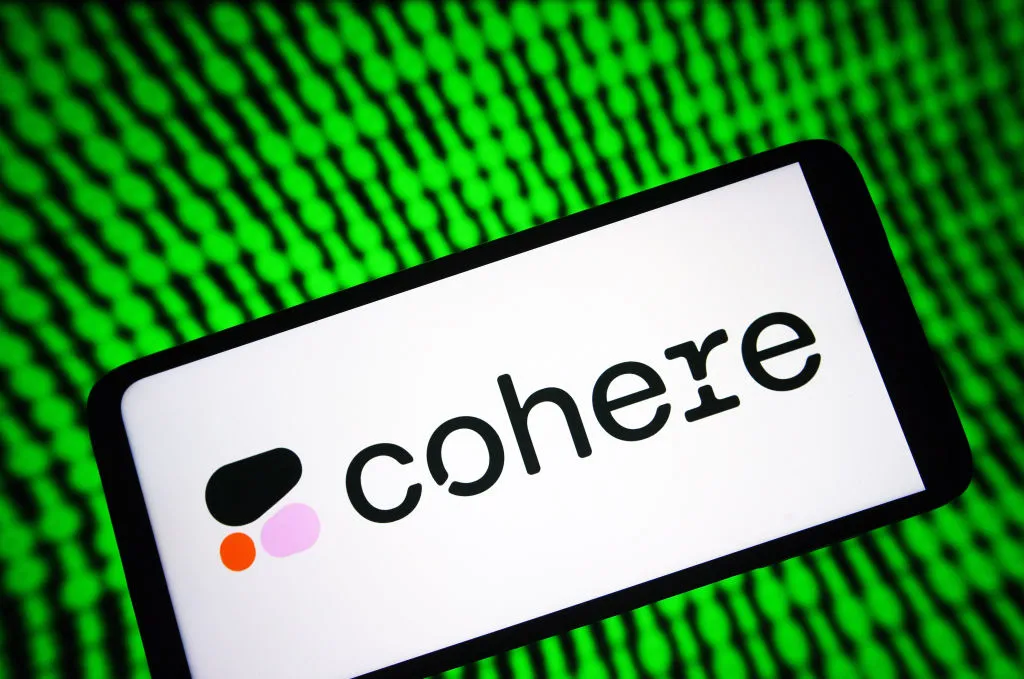
While the AI world has been busy watching OpenAI, Anthropic, and Meta duke it out for the “most viral chatbot” crown, Toronto-based Cohere has been quietly doing its own thing — and now it just dropped a mic-worthy funding announcement.
On Thursday, Cohere revealed it raised an oversubscribed $500 million round, bumping its valuation to a cool $6.8 billion. For context, that’s up from $5.5B barely a year ago, when it also raised (you guessed it) $500 million. If AI startups were video game characters, Cohere just leveled up — twice.
Founded in 2019 by Aidan Gomez (yes, that Aidan Gomez, co-author of the groundbreaking “Attention Is All You Need” paper), Cohere was one of the first to jump into the large language model (LLM) game. But while its rivals chased the consumer hype train, Cohere stuck to its niche: enterprise-grade AI with a security-first mindset. In plain English — they’re not building tools for you to prank your friends; they’re building the kind of AI a Fortune 500 CIO can actually put in a boardroom demo without sweating.
And that strategy is paying off. Cohere has landed heavyweight partners like Oracle, Dell, Bell, Fujitsu, LG CNS, SAP, RBC, and — in this latest round — the Healthcare of Ontario Pension Plan. Their press release even threw shade at competitors, saying they “represent a security-first category of enterprise AI not met by repurposed consumer models.” Translation: “We’re not just duct-taping ChatGPT for corporate use.”
They’ve also been making power moves on the talent front. Meta’s long-time AI research lead, Joelle Pineau, is now Cohere’s chief AI officer. Plus, they swiped new CFO Francois Chadwick from KPMG (he’s also done stints at Uber and Shield AI).
The $500M round was led by Radical Ventures and Inovia Capital, with AMD Ventures, Nvidia, and Salesforce Ventures also joining in. Interestingly, Oracle — a previous investor — is missing from the list, possibly because it’s now busy cozying up to OpenAI via the mega “Stargate” data center project.
Bottom line? Cohere isn’t here for the AI popularity contest. They’re playing the long game — building the enterprise AI infrastructure that might just outlast the hype cycle.






